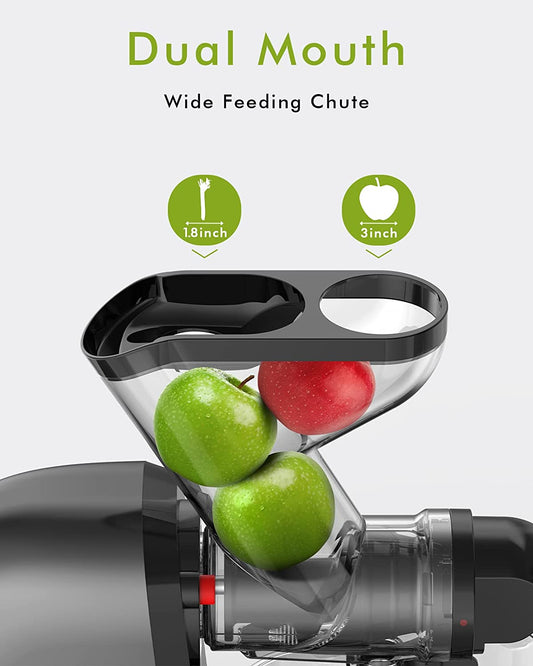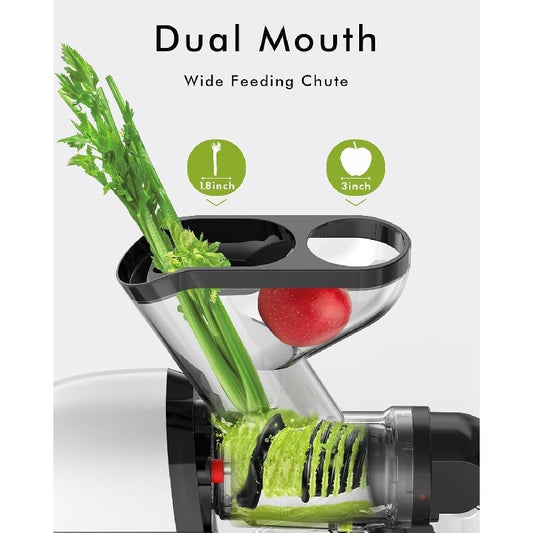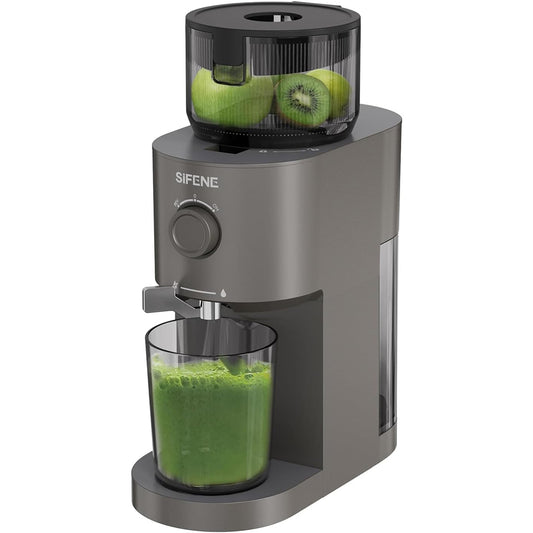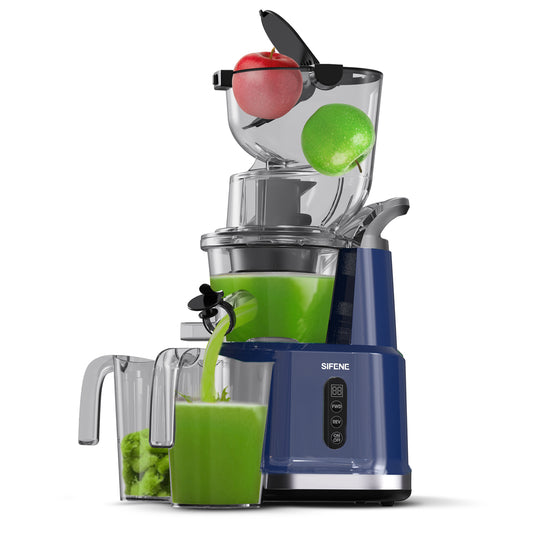1 Honey can help reduce inflammation
One of honey's surprising side effects is that it can help reduce inflammation. Honey contains anti-inflammatory properties by lowering prostaglandin levels in the blood. Kaliandra natural honey, which hasn't been processed or filtered, was shown to reduce dysmenorrhea (painful menstruation) and prostaglandin levels thus attesting to its anti-inflammatory benefits.
2 Honey may reduce cough severity
As a kid, you probably were given a cup of warm tea with honey when you were sick with a cough. Well, there's a reason for that. Consuming honey may aid in reducing symptoms of upper respiratory infections including cough frequency and cough severity. In fact, according to the Mayo Clinic, studies showed that honey worked just as well, if not better, than popular cough medicines with the ingredient dextromethorphan. Plus, always remember to never give honey to a child younger than 1, due to rare incidences of botulism.
3 Honey may help relieve GI conditions
Honey can help alleviate symptoms of some gastrointestinal issues like diarrhea, constipation, and ulcers. And it may even help reduce anxiety.
4 Honey can protect against free radicals
You may have heard of skincare products protecting against free radicals, but so can some foods that you eat. Honey is understood to provide antioxidant benefits by protecting the body from free radical damage. Free radicals are atoms or molecules that can cause damage to your body's cells.
5 Honey can protect your heart
Add some honey to your yogurt, oatmeal, or smoothie to reap the cardiovascular benefits of antioxidants. Most people don't know that honey is actually an amazing source of antioxidants. Just make sure you're getting high-quality, minimally processed honey. Antioxidants protect the cells from free radical damage and prevent a variety of diseases, including heart disease.
6 Honey can be damaging to the teeth
Similar to other types of sugars, honey can increase the risk of tooth decay and gum disease.
7 Honey can be problematic for those with fatty liver disease
Fructose is the main sugar found in honey. With that in mind, it can be dangerous for those with fatty liver disease. Fructose is metabolized differently than other sources of energy. It is metabolized by the liver, which may be problematic for those with fatty liver disease. Individuals with fatty liver disease are typically advised to avoid alcohol and limit fructose intake for this reason.
Featured collection
-
Dual Mouth Masticating Juicer Max Gray
Regular price $129.99 USDRegular priceUnit price per$99.99 USDSale price $129.99 USD -
Dual Mouth Masticating Juicer Max White
Regular price $129.99 USDRegular priceUnit price per$99.99 USDSale price $129.99 USD -
Whole Fruit Cold Press Juicer Large Feed Chute Gray
Regular price $129.99 USDRegular priceUnit price per$149.99 USDSale price $129.99 USDSale -
Whole Fruit Cold Press Juicer Large Dual Mouth Blue
Regular price $129.99 USDRegular priceUnit price per$199.99 USDSale price $129.99 USDSale -
Whole Fruit Cold Press Juicer Large Dual Mouth Green
Regular price $129.99 USDRegular priceUnit price per$199.99 USDSale price $129.99 USDSale










